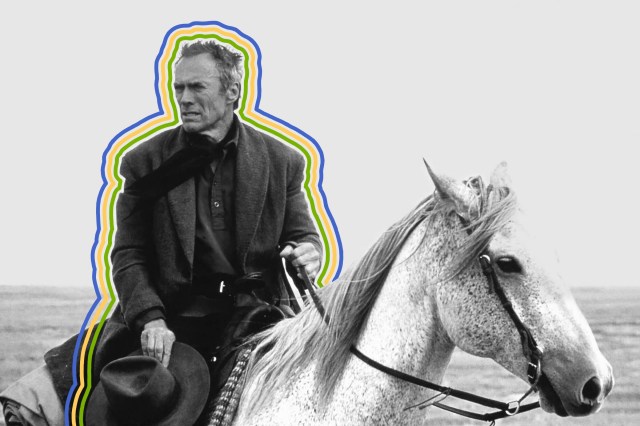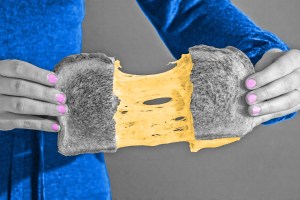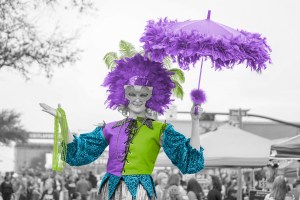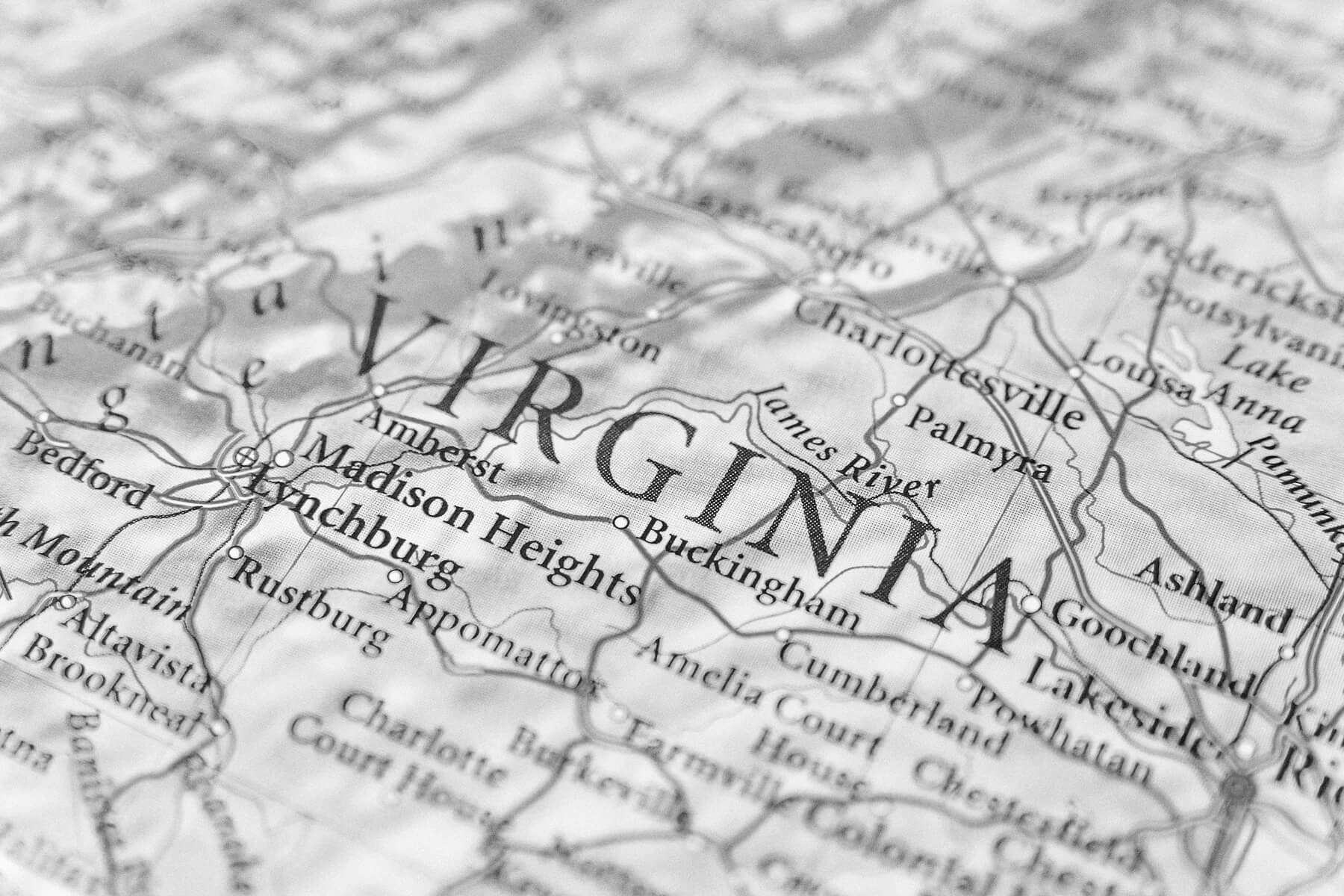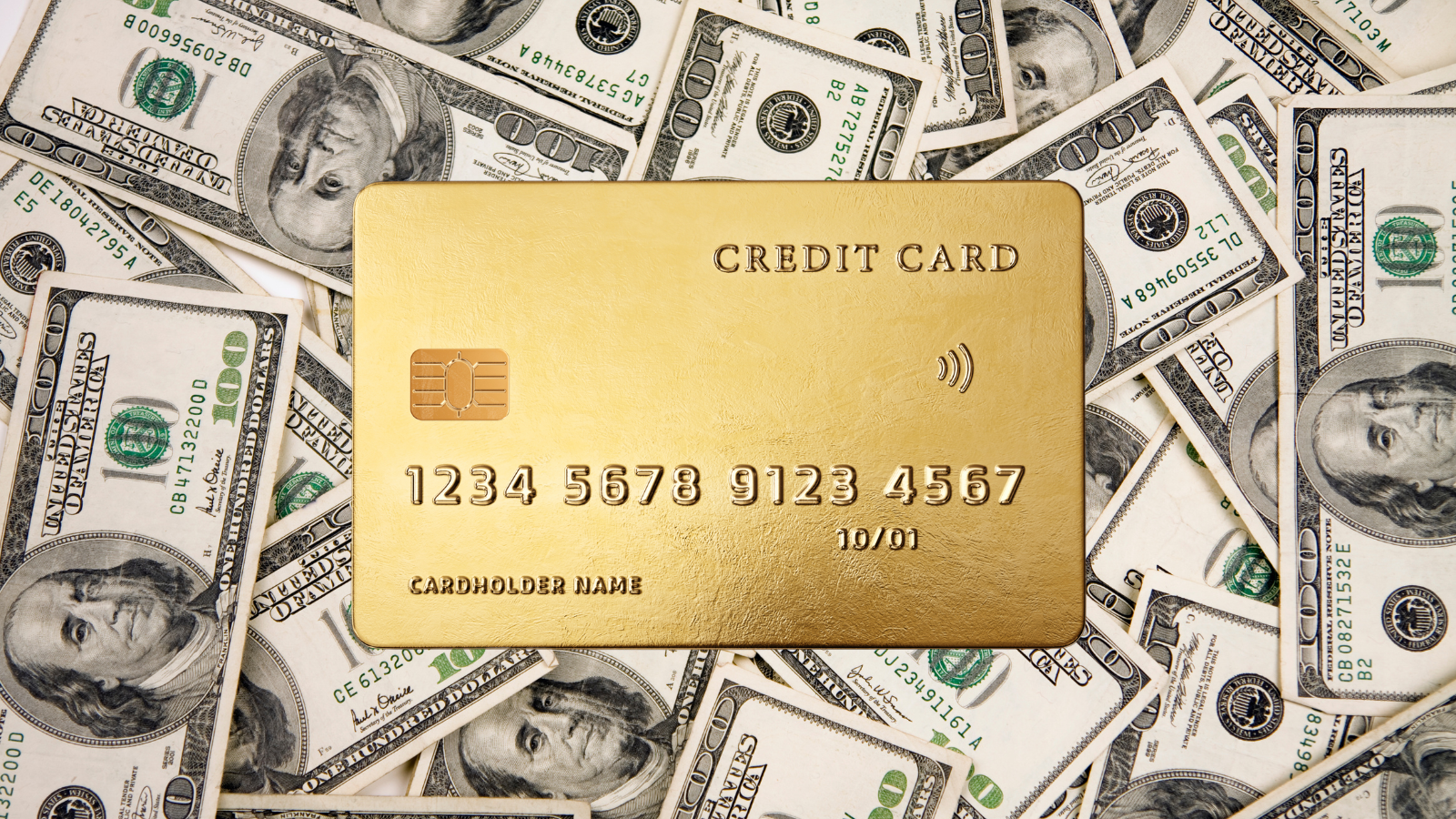
An Army Stint Ignited His Interest in Acting
Like many young adults, Eastwood bounced around a bit before finding his true calling. His early resume included time spent as a hay baler, truck driver, gas pumper, and lumberjack. However, it was his turn as an Army swim instructor that ultimately pointed the tall, athletic Californian toward Hollywood. While he took the cushy job to avoid deployment to the Korean War, the gig also brought him into contact with drafted actors such as Richard Long, Martin Milner, and David Janssen. Noting the post-Army screen successes of these friends, Eastwood ultimately elected to take acting classes at Los Angeles City College following his discharge.

A Low Asking Price Led to Eastwood’s First Big-Screen Starring Role
In hindsight, it seems logical that Eastwood made the winning leap from cattle driver Rowdy Yates on Rawhide to the (mostly) nameless gunslinger of A Fistful of Dollars (1964), but success was no sure thing at the time. For starters, Eastwood received the opportunity largely because he was cheaper than other prominent American actors — not always a great sign for the overall viability of a project. There was also the matter of communication issues, as Italian director Sergio Leone spoke little English. And then there was the lawsuit filed by Japanese director Akira Kurosawa, who accused Leone of copying his samurai movie Yojimbo (1961). Despite the production troubles, Fistful and its sequels For a Few Dollars More (1965) and The Good, the Bad and the Ugly (1966) became overseas hits before finally reaching American shores in 1967, paving the way for Eastwood’s big-screen career to take off.

Eastwood Became Dirty Harry After Other Stars Passed on the Part
Other than his Man with No Name antihero from the Dollars Trilogy, Eastwood is perhaps best known for portraying “Dirty Harry” Callahan across five films. But that famous role also nearly went to someone else, as Robert Mitchum and Steve McQueen were reportedly among the big-name stars who rejected the offer. According to Eastwood, it was Paul Newman who first tipped off a studio executive that the erstwhile spaghetti Western star would be a good fit for the part. After Frank Sinatra pulled out of the movie, Dirty Harry finally moved ahead with the man who would become its iconic, magnum-toting lead.
More Interesting Reads

He Served One Term as Mayor of a California Town
Following in the footsteps of actor-turned-politician Ronald Reagan, Eastwood in 1986 launched a bid for the mayorship of Carmel-by-the-Sea, the tiny mid-California coastal town he’d called home for several years. After winning in a landslide, Mayor Eastwood overturned some of the town’s archaic ordinances, including one that made it illegal to eat ice cream on the street. He also expanded the local library. It wasn’t all smooth sailing, of course, as residents grumbled about the influx of tourists who showed up to get a glimpse of the movie star running the show. Rather than leverage what had been a mostly successful tenure into a heftier political profile, Eastwood announced he was stepping down after one term to spend more time with his children.

Eastwood Recorded a Chart-Topping Country Music Hit
A music enthusiast, Eastwood has delivered several simple but resonant scores for his movies, though his track record as a singer is decidedly more mixed. His album Rawhide’s Clint Eastwood Sings Cowboy Favorites (1963) failed to make an impact on the charts, and the sight of his stoic frontiersman crooning “I Talk to the Trees” in Paint Your Wagon (1969) remains somewhat jarring. To his credit, Eastwood shrugged off the critics and continued recording songs when inspired, even scoring a No. 1 country hit alongside Merle Haggard in 1980 with the catchy sing-along “Bar Room Buddies.”

The Big-Screen Tough Guy Has a Soft Spot for Animals
It may not come as a surprise to anyone who watched Eastwood pal around with Clyde the Orangutan in Every Which Way but Loose (1978), but the man behind Dirty Harry and other Tinseltown tough guys is a big softie when it comes to animals. In a 2009 interview with GQ, the actor described a homestead filled with pigs, chickens, birds, and a “crazy rabbit,” and disclosed that the last time he’d cried was when a pet cockatoo died. Similarly, his daughter Alison recalled a houseful of pets while growing up, including the baby deer taken in after its mother was hit by a car. However, Alison also revealed that her father isn’t so welcoming to all animals — he’s apparently allergic to cats and some dogs.

